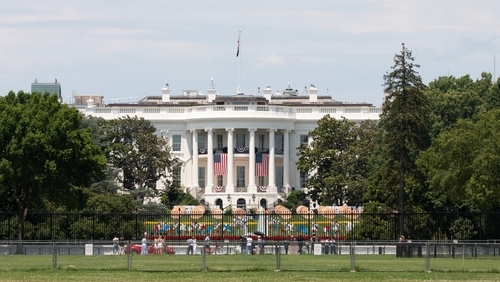Argentina GDP growth fastest since 2022, though lagging forecasts

By Brendan O'Boyle
BUENOS AIRES, June 23 (Reuters) - Argentina's economy grew year-on-year for the second consecutive quarter and by the most since 2022 as the economy recovers from last year's recession while still facing some headwinds, official data showed on Monday.
Gross domestic product expanded 5.8% in the first quarter compared to the same quarter in 2024, when the economy was rattled by President Javier Milei's December 2023 peso currency devaluation and subsequent austerity drive.
Monday's data showed signs of recovery at the consumer level, with private consumption growing 11.6% from a year ago.
Milei in a post on X called the data "a fantastic result," while criticizing reports focusing on a dip in public sector consumption.
Analysts polled by Reuters had forecast GDP growing at a higher 6.1%, according to the poll's median estimate. But the rate is still the largest expansion since the third quarter of 2022, when the economy was rebounding from COVID-19 pandemic-related losses.
Compared to the fourth quarter of 2024, GDP expanded 0.8% in seasonally adjusted terms, a slowdown from the two prior quarters.
Exports in the agricultural powerhouse grew 7.2%, which Economy Minister Luis Caputo said in a post on X was a first-quarter record. Still, imports surged 42.8%, dulling the exports boost's impact.
Argentina's economy emerged from a painful recession in the second half of last year, and economists have waited to see whether the recovery would consolidate in 2025.
While Milei has won plaudits for stabilizing the state's finances, his tough austerity drive weighed on economic activity in the first months of 2024. Cuts to state spending continue to hit public workers hard, with salaries falling behind inflation.
The central bank's latest market expectations survey of analysts forecasts GDP growing 5.2% this year.







